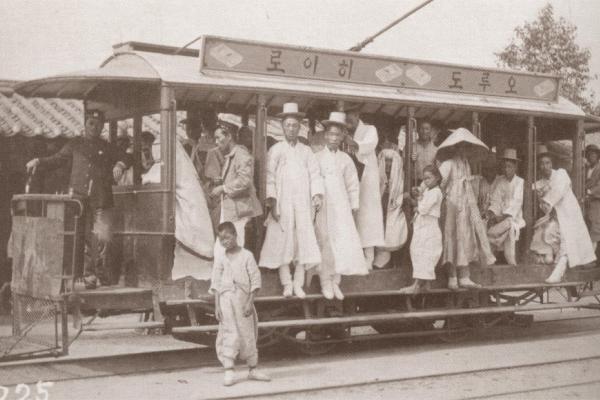
The Institute for Korean Studies Presents:
Ellie Choi
Visiting Assistant Professor of East Asian Studies
Brown University
"Forgotten Memories of Korean Modernity: Yi Kwangsu's 'The Heartless' and New Perspectives in Colonial Alterity"
Flyer:
Abstract: Yi Kwangsu (1892-1950?) was colonial Korea’s most studied figure, triply famous for publishing The Heartless (Mujŏng, 1917), Korea’s first mature novel, for writing the February 8, 1919, Student Declaration which sparked the anti-Japanese March First Movement, and later, for “betraying” the Korean people by collaborating with the colonial state in 1939. The Heartless’s place in world literary studies has often been obscured by the author’s politics. This is a new, spatialized reading of the seminal work to reconsider Yi’s alterity (Japan-Korea, city-hometown) as a precondition of modernity itself. Seoul, the ancient seat of the Chosŏn dynasty (1392–1910), was during the novel’s inception swiftly transforming into the minjok national capital and, simultaneously, a colonial city-within-empire. Competing identities of nation-versus-empire dominated its surfaces, veiling the processes of “coming up” (sanggyŏng 上京) to the capital from forgotten localities, as many writers associated with Seoul were actually from provinces with regional affinities. The Heartless—a paean to the enlightenment and to the Korean minjok—surprisingly reflects this dynamic, testifying to the “loss of hometown” by northwestern (Sŏbugin 西北人) writers like Yi Kwangsu, who regularly code-switched to their local dialects, as well as to the Japanese language.
Bio: Ellie Yunjung Choi is Visiting Assistant Professor of Korean Media and Culture at Brown University. Her current research interests include the transnational consumption of Korean media, the Seoul city, cyberspaces, visual culture, and dislocation. She is the author of “The City and the Image: Seoul’s Recovery of Its Own Past,” The Metropole Series:The Urban History Association (March, 2018) and “Forgotten northerly memories: Yi Kwangsu and his alterities in The Heartless,” The Journal of Asian Studies (August 2018), and is currently writing a book-length project, “The Laptop Nation and the Global Consumption of Korea.” She teaches classes on Korean film and media, urban space, northern Korea, and modern cultural history. Her first book project, Space and National Identity: Yi Kwangsu's Vision of Korea during the Japanese Empire, explored the relationships among colonial space, cultural nationalism, and historical identity. Dr. Choi was Assistant Professor of Korean Studies at Cornell University, and has also taught at Smith, Dartmouth, Yale, Yonsei, and Ewha Colleges.
Free and open to the public
This event is supported by a U.S. Department of Education Title VI grant to The Ohio State University East Asian Studies Center.
